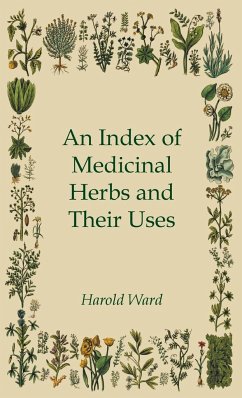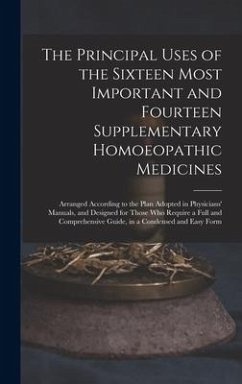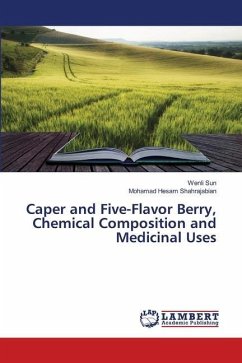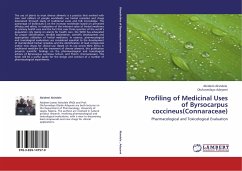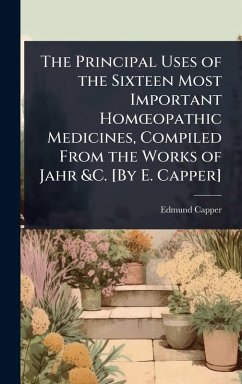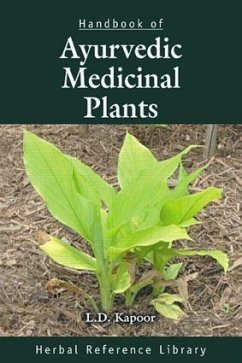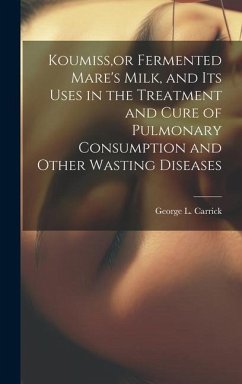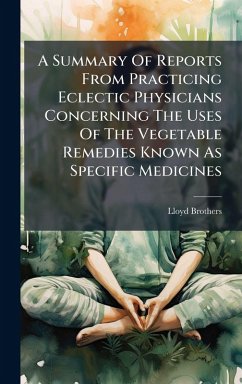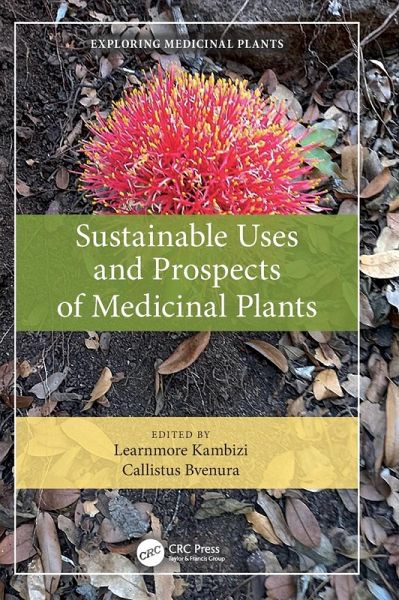
Sustainable Uses and Prospects of Medicinal Plants

PAYBACK Punkte
93 °P sammeln!
Sustainable Uses and Prospects of Medicinal Plants presents information on less known and underexplored medicinal plant species in various regions of the world. The book investigates current advances in medicinal plant science and includes detailed information on the use of green nanotechnology, characterization of plants, conservation, revitalization, propagation, and pharmacological activities of selected plants. A volume in the Exploring Medicinal Plants series, it collects information on less known medicinal plant species in various regions of the world for documentation profiling their et...
Sustainable Uses and Prospects of Medicinal Plants presents information on less known and underexplored medicinal plant species in various regions of the world. The book investigates current advances in medicinal plant science and includes detailed information on the use of green nanotechnology, characterization of plants, conservation, revitalization, propagation, and pharmacological activities of selected plants. A volume in the Exploring Medicinal Plants series, it collects information on less known medicinal plant species in various regions of the world for documentation profiling their ethnobotany, developments in their phytochemistry, and pharmacological activities and provides an in-depth look at some specific herbal medicines of importance, threatened and less known species and addresses sustainable utilization and conservation of medicinal plants to ensure existence and use. Appropriate for plant and biodiversity conservation organisations, community leaders, academicians, researchers, and pharmaceutical industry personnel, the book comprises innovative works with information of what is expected to address sustainability in the future.




